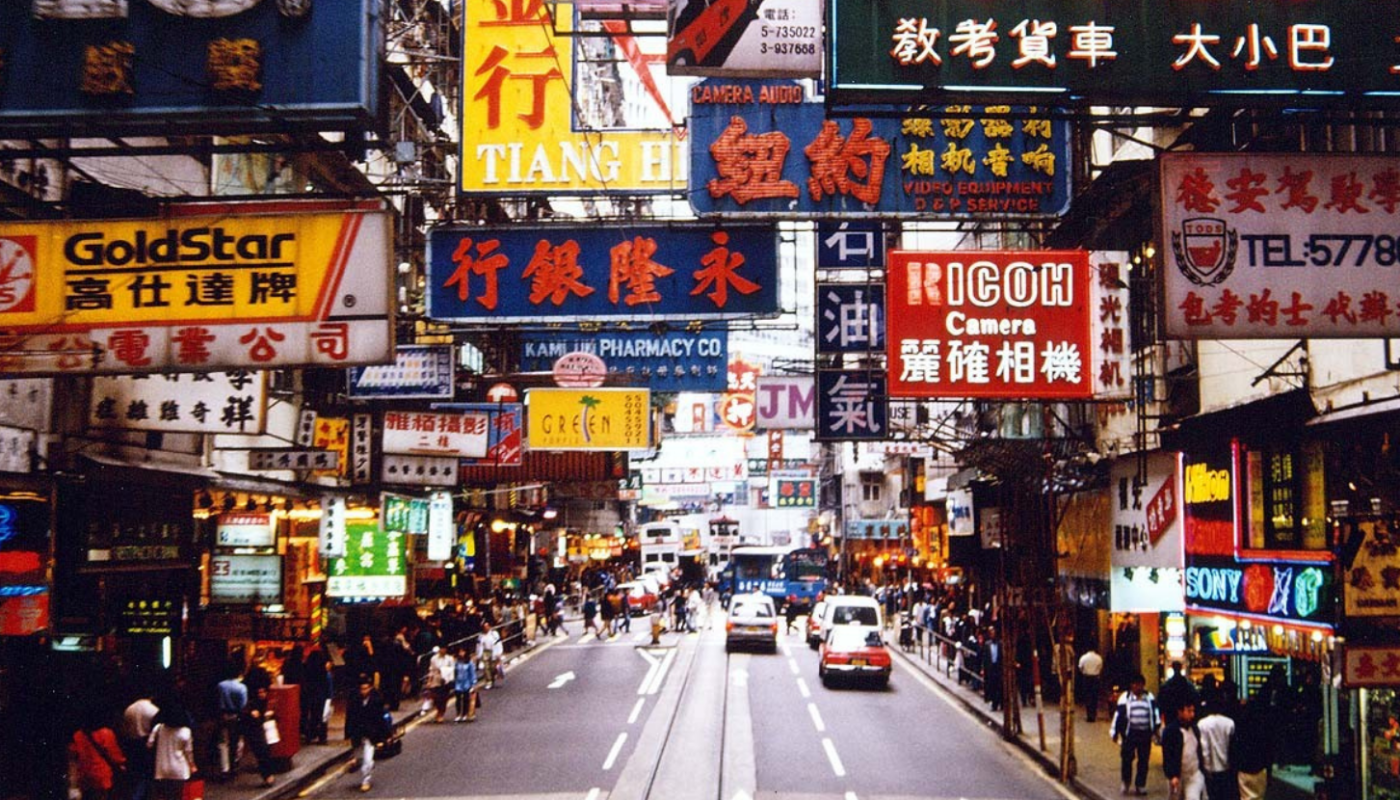Compared with other countries and nations around the world, China is one of the few nations that heavily applies symbolism in the daily life of its people. The symbolic representation is highly valued by the entire social system and in a way, it is the unconscious collective system of the Chinese people. For instance, Chinese people tend to treat every single important moment of a person’s development in a symbolic way. When a new life is brought into the world and becomes a member of society, the parents will give red colored boiled eggs to family, friends, neighbors, and sometimes even to strangers, they meet while walking on the street. It is a symbol for a new beginning – the egg symbolises joy and luck, while the color red represents auspiciousness and happiness. When the baby reaches the hundred days milestone, friends and relatives would give the baby a lock pendant, which is called the ‘100 years old lock’ or ‘long life lock’. It wishes the child a healthy and long life. With such ways of thinking and expressions to deal with interpersonal relationships, life etiquette, and social life, it seems that Chinese people are very used to living in a world filled with unspoken messages and symbolic gestures. These ways of thinking and expressions are embodied in the Chinese language, customs, religious beliefs, arts, and literature (including oral literature), myths, and natural phenomena.
For businesses planning to expand their services into mainland China, it is very important to know that one of the most influential symbolic cities in China is Beijing (formerly known as Peking). Beijing has been the capital city of China since the Ming and Qing dynasties (over 600 years) and it is strongly associated with formality and propriety. Other than being the political center of China, Beijing is also an important catalyst for the consumer market. For example, the development of natural wine has been popular in Shanghai for quite some time, however, the trend only caught on when it became popular in Beijing in recent years. Throughout our years of in-depth qualitative research in China, it was very interesting to observe that Beijing is indeed the representation of status. It is perceived to be the ‘green light’ for formal recognition, not only on a political level but also on a personal level. In the minds of the Chinese public, it is the unspoken symbol of recognition and permission. For example, there is an international chewing gum brand that is well-known in the southern parts of China, such as Hong Kong, Guangzhou, and Shenzhen. However, it held a very small part of the market share in the northern parts of China. The brand visibility and awareness were extremely low in offline sales channels, such as convenience stores and supermarkets, and consumers often confused it with other locally made brands. In one of our interviews, the respondent stated, ‘I am aware that the brand is well known overseas because I used to travel a lot before the pandemic. I don’t think this brand has entered into the Chinese market yet because I don’t see it at all in Beijing’. When we mentioned that this brand and its products were popular in the southern cities, we could tell that she had a strong sense of doubt. In a way, Beijing has become the city for a brand to ‘officially’ enter the Chinese market. It represents the ‘stamp of approval’ and is also strongly associated with ‘safe to use’ and ‘professional authority’. Shanghai, on the other hand, is perceived to be the city for ‘testing the waters’ and hence, has become the city for niche brands to find their place and space to expand.
YOU MIGHT ALSO LIKE: Building Climate Resilient Cities: How Do We Get There
Beijing has also played a very important role during the pandemic; its symbolic phenomenon also has the same effect during the recovery stage of the pandemic. Several months ago, many cities, except Beijing, were no longer in a state of lockdown. Even though people were free to travel between cities, flight bookings remained very low. However, as soon as Beijing downgraded its emergency response, flight bookings suddenly soared by 15 times. This phenomenon was very helpful in understanding the mindset of Chinese consumers – i.e. Beijing, as a city, has a very deep and strong impact on Chinese people’s psychic. When international corporations conduct research only in Shanghai and neighboring cities, we often advise them to re-consider their city selections. Even though Beijing may not be a major focus for the brand, it is extremely crucial to create visibility and awareness in this city. Otherwise, a brand is very likely to be in the blind spot of Chinese consumers and slip through their minds.











 by
by 


